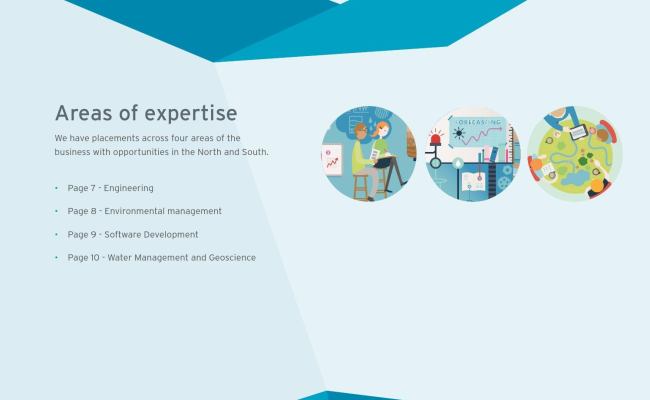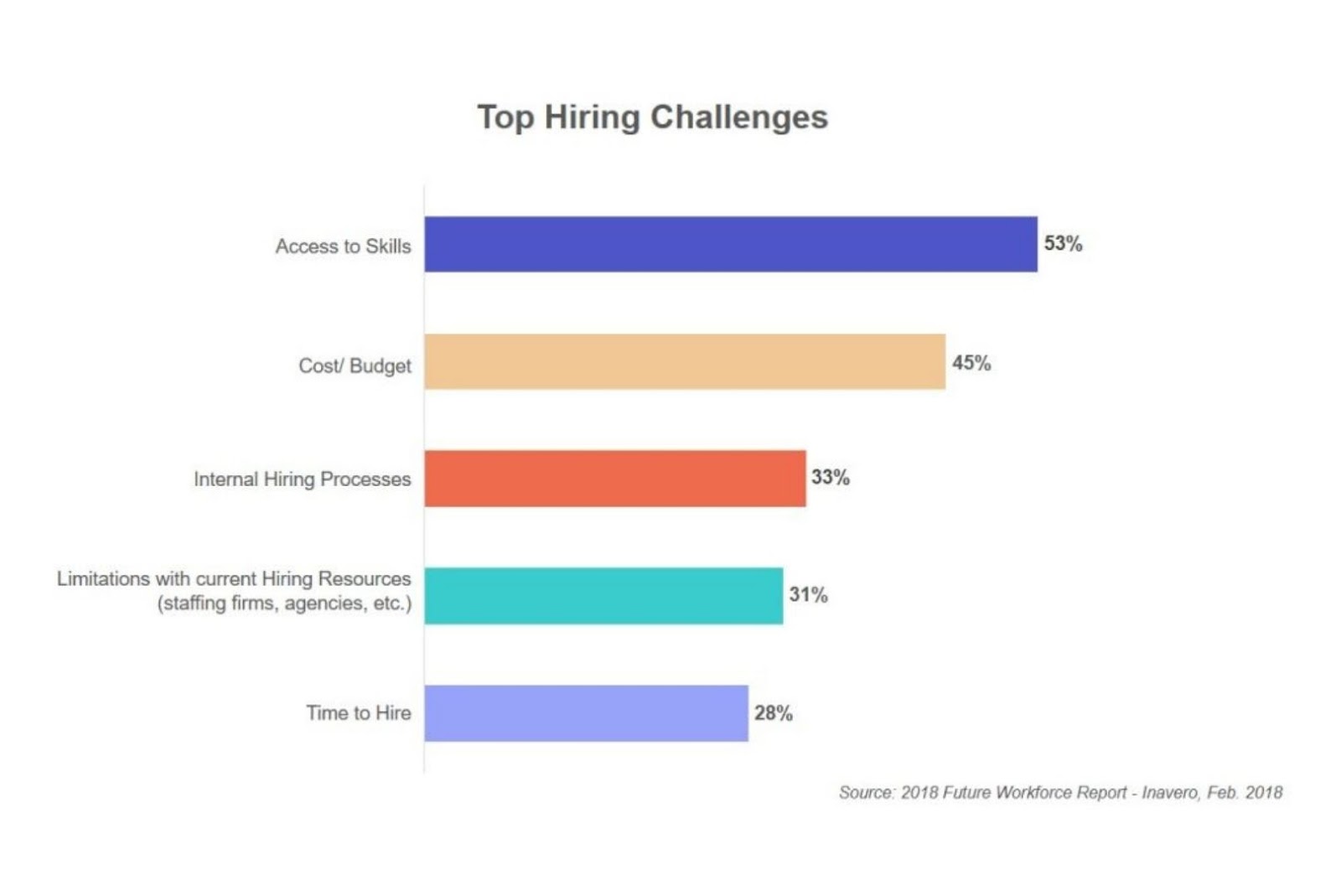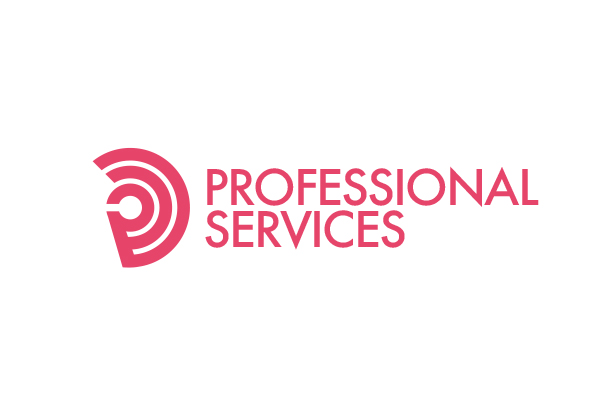
There are many things to take into consideration when searching for a financial adviser. You should first verify the credentials of your financial advisor. For your own investment style, you should check the complaint history and meet them in person. Also, verify if they belong to a trade association. A financial advisor should be able to share your investment philosophy. Here are some important considerations to make before you choose a financial planner.
Verify an advisor's credentials
You have many options to choose a financial consultant, but make sure you verify their qualifications. Certified Financial Planners (CFPs), are people who have completed courses in financial planning and passed an exam. They also need to have certain experience. If they're not certified, it is worth checking their background through FINRA’s BrokerCheck. Financial planners need to be licensed in addition to following certain ethics policies.

Check the complaint history of your financial advisor
Investing requires risk. It is important to review the complaints history of any financial advisor before you invest. You can't just rely on this information. You should also be aware of other warning signs. Here are some signs to look for. A Google search of the name will reveal any complaints against a financial professional. There will be a listing of any complaints against the advisor. All arbitrations and settlements in which they have been involved will be recorded by regulatory bodies. You can look for suspicious financial behavior such as unauthorized trading or sales abuse practices. Although it is important to check the financial advisor's complaint history, you should also keep other warning signs in mind as well.
In person with a financial advisor
Meeting with a financial adviser in person will give you the opportunity to ask questions and not just through email. Even though you don’t necessarily have to have financial questions in order to meet with a financial advisor, you may be interested in the terms of their services and what they charge. General questions such as whether or not they offer free consultations, can be answered by your financial advisor. Before you meet with a financial planner in person, though, it is a good idea to write down your goals and ask questions.
Find one who aligns with your investing style
When looking for a financial professional, it's important you find someone with the same values and beliefs as you. Some advisors concentrate on high net worth individuals and others are more interested in small business owners or young families. Some are even religious or specialize in one particular group. Finding a financial adviser who shares your values and preferences is key to securing your financial future. Your ideal advisor will share your values and invest like you do.

Do a background check
Perform a background investigation before you hire a professional advisor in financial planning. Don't trust someone who has been in business for years without doing a background search. You can check the credentials of your financial advisor by searching their CRD (Company Registration document) on the Securities and Exchange Commission website. You can also check for any articles or other possible landmines written by them.
FAQ
Why hire consultants?
There are many reasons you might need to hire a consultant.
-
A specific project or problem may be a challenge for your company.
-
You are looking to learn new skills or improve your existing skills
-
You want to work with an expert in a particular field
-
The task is yours alone.
-
It's overwhelming to see all the information, and you don't know how to get started.
-
You cannot afford to pay someone fulltime
You can find good consultants by word of mouth. Ask your friends and colleagues if they know of any trustworthy consultants. Ask someone you already know to recommend a consultant.
If you're interested in using online directories, such as LinkedIn, you can use the "Search People” feature to find consultants near your location.
What type of jobs can a consultant do?
Consulting requires an in-depth understanding of operations and business strategy. You must also understand how businesses operate and how they fit into society.
A career as a consultant requires you have great communication skills and a strong ability to think critically.
Consultants need to be flexible as they might be assigned different tasks at different times. Consultants should be able to quickly change their direction if necessary.
They must be willing to travel for their clients. This kind of work can take them around the world.
They also need to be capable of handling stress and pressure. Sometimes consultants are required to meet tight deadlines.
Consultants might be required to work long hours. You may not get overtime pay.
What skills are required for consulting?
An effective consultant must have strong interpersonal skills as well as analytical skills. This is vital because you may not understand the scope of your work. It is important to learn how to quickly solve problems and manage people.
Excellent communication skills are also essential. Most clients expect a reply within 24 hours. If they don't hear anything, it is likely that they aren't interested in you. It is crucial that you keep them up to date and make sure they know what's happening.
What does it cost to hire an expert?
There are many factors that influence the price of consulting services. These factors include:
-
Project size
-
Time frame
-
Scope of work
-
Fees
-
Deliverables
-
Other factors such as location and experience are also important.
What should I expect from my consultant
You should hear back from your chosen consultant within a few days. They will often ask about your company's mission, goals and products. Next, they'll provide a proposal describing the scope and estimated time frame, fees, deliverables or milestones, as well as an estimate of costs.
If everything is in order, then the parties will enter into a written contract. The type of relationship between them (e.g. employer-employee or employer-independent contractor) will determine the terms of the contract.
If everything goes well, the consultant should start work immediately. The consultant will have access your internal documents and resources. Additionally, you'll have access their skills and knowledge.
However, don't assume that just because someone is a consultant that s/he knows everything. It takes practice and hard work to become an expert in the field you are consulting. Do not expect your consultant to be an expert in every aspect of your business.
What is a consultant?
Consultants are those who offer services to other people. It's not just a job title; it's a role where you help others achieve what they want from life. By helping people understand their options and helping to make the right decisions, you do this.
Consultants are skilled at solving problems and overcoming challenges that can arise during projects. They provide advice and guidance about how to implement those solutions.
Consultants should be able and willing to answer any questions regarding business, technology or finance, leadership, strategy, customer service, legal, management, leadership, management, law, management, law, procurement, legal, marketing, human resources, etc.
Statistics
- 67% of consultants start their consulting businesses after quitting their jobs, while 33% start while they're still at their jobs. (consultingsuccess.com)
- According to statistics from the ONS, the UK has around 300,000 consultants, of which around 63,000 professionals work as management consultants. (consultancy.uk)
- My 10 years of experience and 6-step program have helped over 20 clients boost their sales by an average of 33% in 6 months. (consultingsuccess.com)
- "From there, I told them my rates were going up 25%, this is the new hourly rate, and every single one of them said 'done, fine.' (nerdwallet.com)
- So, if you help your clients increase their sales by 33%, then use a word like “revolution” instead of “increase.” (consultingsuccess.com)
External Links
How To
What Does A Typical Day For A Consultant Look Like?
A typical day will vary depending on the type of work you are undertaking. You'll spend your time researching new ideas and meeting clients.
You will often have meetings where you discuss issues and problems with clients. These meetings may be over the phone via email, on-line, or face-to–face.
You may also be asked to prepare proposals, which are documents outlining your ideas and plans for clients. Before presenting these proposals to clients, you will usually need to discuss them with a colleague or mentor.
You will need to create content after all your planning and preparation. For example, you could be writing articles, designing websites, creating videos, editing photos, or conducting interviews.
You may need to conduct research depending on the scope of your project to find relevant statistics and figures. For example, you may need to find out how many customers you have and whether they are buying more than one product or service.
Once you have all the information needed, it is time for clients to see your findings. You can either present your findings in writing or orally.
You must also follow up with clients following the initial consultation. For example, you could call your clients periodically to check how things are going. Or send them emails asking them to confirm they have received the proposal.
This is a long process that can take some time. However, it is crucial to stay focused and to maintain good relationships.